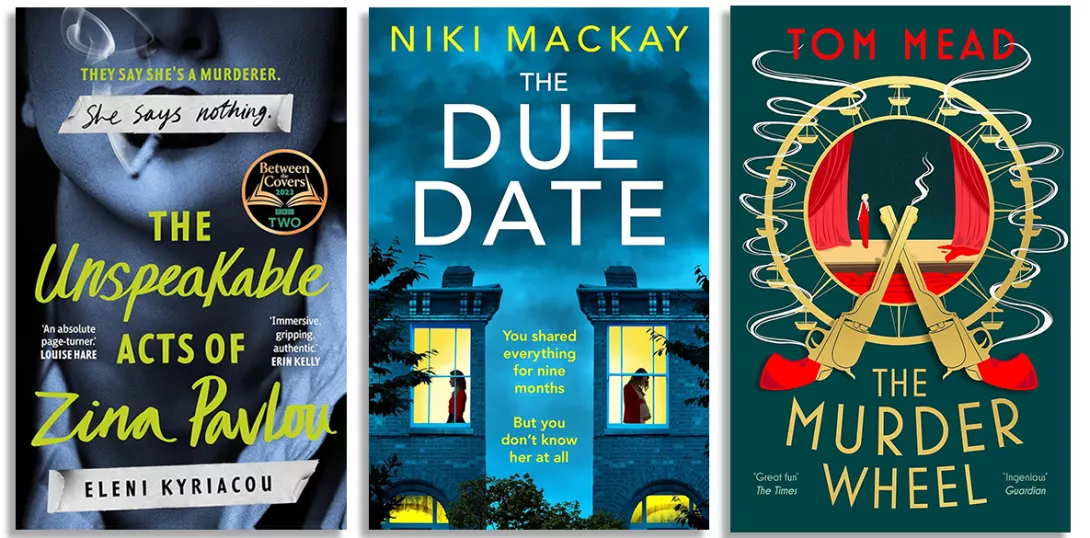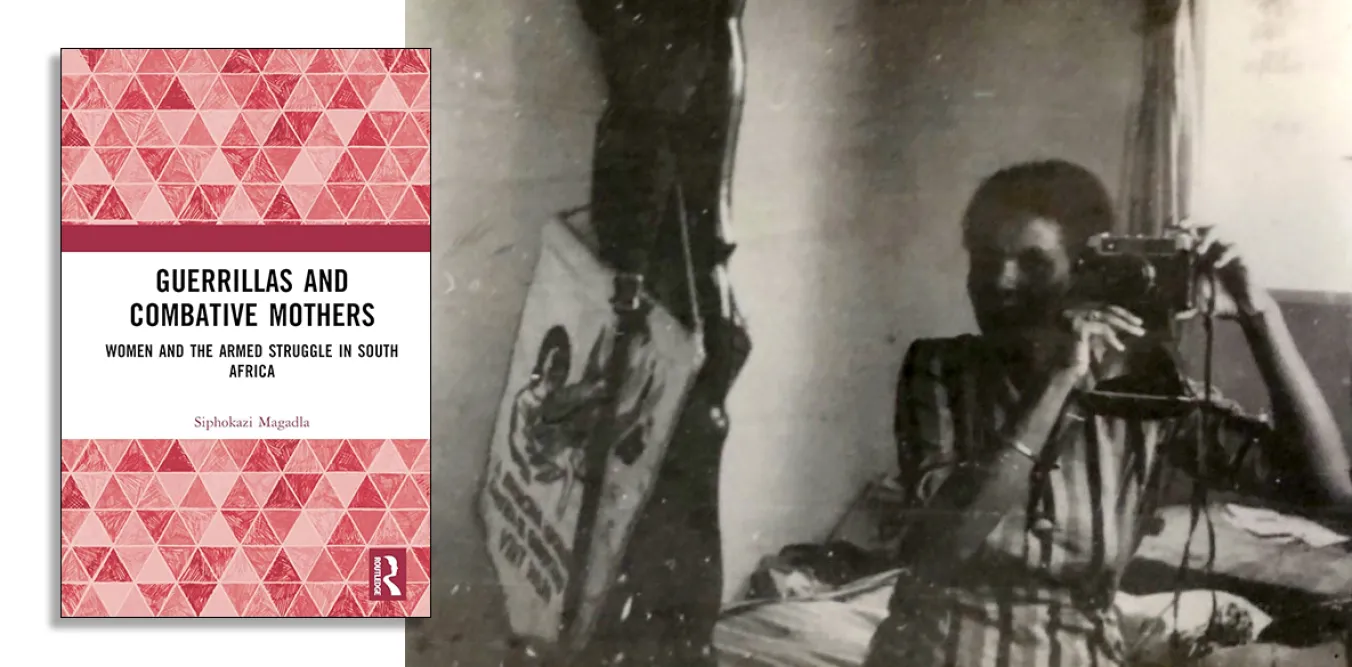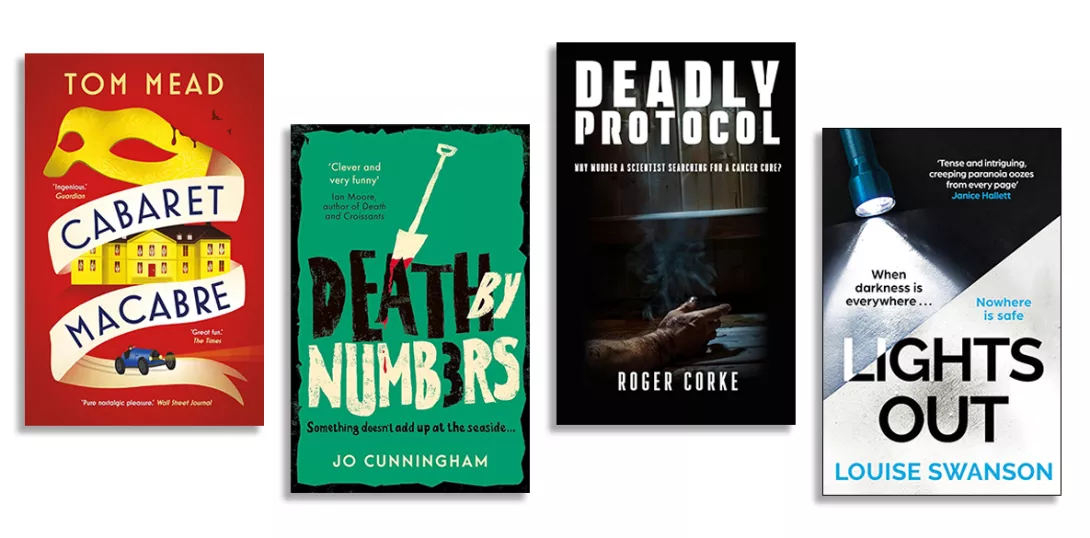
The Unspeakable Acts of Zina Pavlou by Eleni Kyriacou (Head of Zeus, £14.99) takes place in 1954 when Eva, a Cypriot Londoner who works in the cloakroom at a nightclub, is also freelancing as a translator for the police. The extra money may allow her and her husband to find a better flat. But translating for a murder suspect makes her wonder if it’s worth it.
Zina is in London to visit her son and meet her grandchildren and her German daughter-in-law. It’s the latter she is accused of killing. The evidence is overwhelming, but Eva can’t help a growing, and perhaps dangerous, sympathy for this lonely grandmother. Zina’s lived a life of poverty; illiterate in her own language and helpless in English, she seems to be despised by everyone she encounters — police, prison officers, court staff, even her own relatives. Class and nationality are against her; only her sex might save her from the hangman.
The facts of this novel are closed basely on a largely forgotten real-life case, while the psychology and emotions are the writer’s invention. In an afterword she tells us that, for instance, she didn’t invent the prosecution’s description of the killing as “a stupid crime by a stupid woman of the peasant sort.” Therefore, to call this a feminist novel would be like calling rain wet: what else could it possibly be?
There’s little cheer in Zina’s horrible story — but there is some, surprising and profound, in Eva’s tale. This is a superb piece of writing, delicate, subtle, never disrespectful to anyone involved, but also never less tough than it needs to be.
This year’s inescapable fashion in crime fiction has been stories of toxic female friendships, beginning in the intensity of adolescence and ending years later in violence. The books are invariably written by women, and most often in the present tense.
The Due Date by Niki Mackay (Headline, £9.99) is one such, but its set-up is unusually intriguing: two pregnant women meet in a London park, rapidly become good friends, and then one of them ghosts the other, even claiming that they’ve never met. As lonely, anxious first-time mother Ali obsessively tries to find out what’s going on, the reader wonders who the villain is – and who’s going to be the victim.
The slightly odd custom of enjoying a murder mystery at Christmas has become well-established over the last century, and The Murder Wheel (Head of Zeus, £20) fits the bill very nicely. It’s the second in Tom Mead’s series of Golden Age-style locked-room puzzles, set in the 1930s and investigated by Inspector Flint and retired conjuror Joseph Spector.
This time, they’ve got three impossible crimes to solve, much to the disgust of the down-to-earth Scotland Yard man. The first takes place in a carriage on a fairground Ferris wheel, the others in a London theatre during and after a magic show. Ingenious and enjoyable, this is just the job for those needing a few hours’ respite from real-world horrors.














